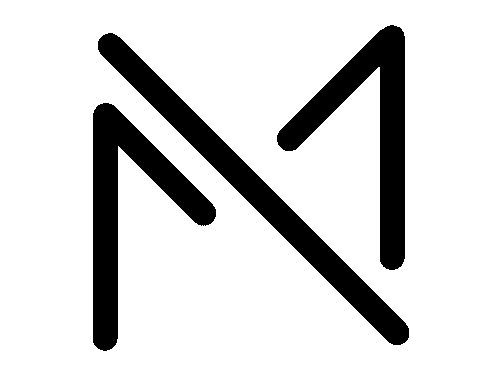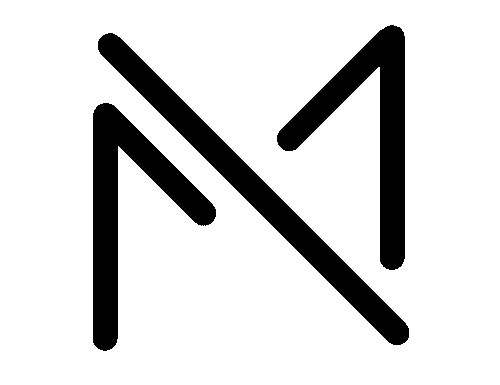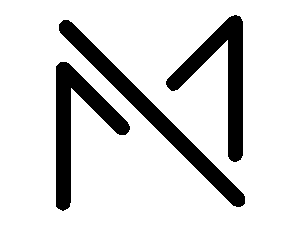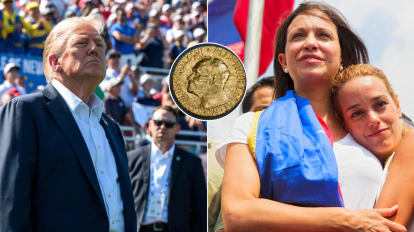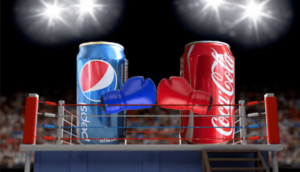The 2025 Nobel Peace Prize shook global headlines, María Corina Machado, Venezuela’s opposition icon, won the prize “for her tireless work promoting democratic rights… and her struggle for a just and peaceful transition from dictatorship to democracy.” But among the contenders was former U.S. President Donald Trump, who had mounted one of the most conspicuous public campaigns for the award in recent decades. Despite high-profile manoeuvres, he failed to secure the prize. Why did that happen? And what does his push tell us about the politics of Nobel ambitions?
In this deep dive, we’ll explore:
- The background and nominee field of the 2025 Nobel Peace Prize
- María Corina Machado’s credentials and the prize rationale
- Trump’s campaign tactics, public pressure, and lobbying efforts
- Why the Nobel Committee didn’t award him the prize
- How Trump reacted to the snub
- Broader lessons about prestige, soft power, and Nobel politics
The Nobel Peace Prize 2025: Context & Laureate
The selection and official motive
On 10 October 2025, the Norwegian Nobel Committee announced that the 2025 Peace Prize would go to María Corina Machado. The committee cited her “tireless work promoting democratic rights for the people of Venezuela” and her push for a peaceful transition away from authoritarian rule.
Her activism has long challenged Nicolás Maduro’s regime amid intense political repression. Machado has been banned from running for office, forced underground, and seen many allies arrested or exiled. The Nobel Committee framed the award as recognizing “civilian courage” in a region where democratic institutions increasingly face backsliding.
According to the official facts, Machado’s background includes:
- Founded Atenea Foundation (1992) to help vulnerable children in Caracas.
- Co-founded Súmate (around 2002), a civil group for election integrity and voter education.
- Served in Venezuela’s National Assembly (2010–2014) before being ousted by the regime.
- Lead figure in Venezuelan opposition coalitions, especially during the controversial 2024 election cycle; she was barred from formally running.
The prize ceremony is to be held in Oslo on 10 December 2025.
Trump’s Nobel Obsession: A Campaign from Day One
Trump’s ambition for the Nobel Peace Prize is not new. Over multiple years and two presidencies, he has expressed frustration at not winning, publicly pushed for nominations, and tied his diplomatic moves to rumoured Nobel credentials.
In 2025, the push reached new intensity. Reporting reveals several tactics:
Public messaging, self-promotion & narrative crafting
- Trump frequently claimed to be a “peacemaker,” citing roles in brokering ceasefires and resolving conflicts.
- Media outlets reported he was aggressively referencing his diplomatic efforts in the Middle East, Israel-Hamas ceasefires, and other international maneuvers in the weeks leading up to the Nobel announcement.
- News commentary pointed out that the Nobel campaign had become deeply entwined with his foreign policy strategy: “Truly, madly, deeply: Trump’s desire for a Nobel peace prize is driving diplomacy.”
- He also leveraged comparisons: critics said he drew attention to Barack Obama’s Nobel win in 2009, contrasting his own perceived lack of recognition.
Lobbying, diplomatic nominations & allies
- Trump had high-profile supporters and nominations. For example, Malta’s Foreign Minister publicly announced a Nobel nomination for Trump on 9 October, referencing his claimed role in a peace deal between Armenia and Azerbaijan.
- Some world leaders and allies vocally endorsed the idea he deserved the Peace Prize, amplifying his case publicly.
- Inside diplomatic circles, reports suggested his administration leaned into the Nobel campaign, coordinating messaging and pushing narratives about his role in global peace initiatives.
Intense buildup and expectation management
- In the days leading to the announcement, media speculation reached a fever pitch. Some outlets treated Trump as a frontrunner, creating expectations that a Nobel nod might be imminent.
- His public posture seemed calibrated: asserting confidence, touting “unfinished business,” and making veiled criticisms of the Nobel Committee for not recognizing him before.
- Analysts noted this was perhaps the most visible Nobel campaign by a serving or former head of state in years, merging public diplomacy with personal ambition.
In short, Trump’s strategy combined self-branding as a global peace broker, diplomatic salutes and endorsements, and media-strategic narrative framing leading into the Nobel season.
Why the Nobel Committee Rejected Him
Despite Trump’s loud campaign and strong backing from some quarters, the Norwegian Nobel Committee ultimately awarded the prize to Machado. Multiple reasons emerge in analysis:
Nobel criteria and long-term impact vs short-term gestures
- The Committee tends to favor sustained, structural, verifiable contributions to peace and human rights over tactical or emergent diplomatic achievements. Machado’s decades-long activism fit that mold.
- Trump’s claimed contributions were often recent and contestable; critics pointed out that some of his peace maneuvers were transactional or lacked depth.
- The Nobel Committee statement focused entirely on Machado’s democratic struggle, making no reference to Trump or his diplomatic claims.
Questions about legitimacy, controversy & neutrality
- Trump’s political record is polarizing. Some diplomatic critics argued that awarding him would undermine the perceived impartiality of the Prize.
- Many of Trump’s peace claims are disputed; some critics say his own policies (immigration, foreign interventions, aggressive rhetoric) clash with a “peace laureate” image.
- His intense public lobbying may have backfired: Nobel committees generally resist overt pressure campaigns as they aim to preserve autonomy and meritocracy. Some commentary suggests his visible push may have signalled desperation rather than confidence.
Timing and nomination rules
- The deadline for formal nominations is typically January 31 of the award year; some of Trump’s more vocal campaigns in the latter half of 2025 might have come too late to influence formal nomination dossiers.
- Some analysts argue that while he may have been nominated by allies (e.g. Malta) late, the core nominee field had already been shaped before his late push.
In essence: Trump’s campaign was audacious and high-profile, but did not align with what the Nobel Committee values most, quiet, sustained, often risky advocacy for peace and human rights over flamboyant diplomacy.
The Aftermath: Trump’s Reaction & Political Fallout
Official response
- The White House was sharply critical. A statement from the White House Communications director accused the Nobel Committee of placing “politics over peace.”
- Trump himself expressed disappointment, and some pundits predicted he might lash out at Norway or the Nobel process.
- Supporters in media framed it as a snub or conspiracy, amplifying narratives of bias.
Political and diplomatic ripples
- International speculation arose that Norway may face diplomatic pressure or backlash over failing to award someone with U.S. influence. Some Norwegian commentators expressed unease about the fallout.
- Critics seized the moment to highlight divergence between symbolic prestige and real policy outcomes, questioning whether trolling for accolades undermines serious diplomacy.
- In U.S. media and political discourse, the snub feeds narratives about Trump’s reliance on image and recognition, possibly weakening arguments that his foreign policy is grounded in lasting peace rather than spectacle.
Reflections & Broader Lessons
Soft power, legitimacy, and prestige
Trump’s campaign illustrates how modern leaders sometimes treat awards like the Nobel as currency in the prestige economy. But prestige, once forced, can backfire. The Nobel Committee remains a gatekeeper that prioritizes humility, long-term moral weight, and nonpartisanship.
The danger of high-visibility lobbying in supposedly independent awards
Nobel Prizes are meant to be insulated from real-time political pressure. When a contender openly campaigns, it risks undermining the perception of impartiality. Trump’s visibility may have harmed rather than helped his case.
Democratic activism vs transactional diplomacy
Machado’s victory underscores that continued grassroots struggle, even under suppression, can outrank diplomatic deals in the eyes of the Nobel Committee. Change built from within institutions, civil society, and persistent integrity carries weight.
Award as narrative, not final judgment
Losing the Nobel doesn’t invalidate Trump’s achievements; it does, however, signal that certain institutions will not bend to spectacle. Awards are symbols, not mandates. The snub invites more scrutiny than affirmation.










